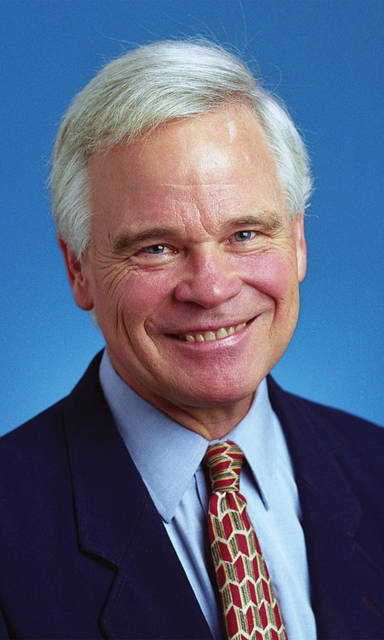Here is a present for you from a column several years ago—a few quotes about North Carolina.
“North Carolina is, I believe, the poorest state in the Union: the part of it though which we traveled should seem to indicate as much… The few detached houses on the road were mean and beggarly in their appearance, and the people whom we saw when the coach stopped had a squalid, and at the same time fierce air, which at once bore witness to the unfortunate influences of their existence.” From the journal of Frances Anne Kemble, traveling through the state in 1838. As bad as things sometimes seem today, we’ve come a long way in the last 180 years.
“A short time of conflict & the day is ours—ours for Freedom, for Right, for Self Government! They can never overcome, never conquer us, for we fight for our Birthright—Freedom!” An entry dated April 24, 1861, from the diary of Catherine Ann Devereaux Edmondston of Halifax County. Are we always so confident of quick victory are the beginning of a “just war?”
“Between the lines [the South Carolina and Virginia borders]…was left an area which for years on end rejoiced in the generalization that it was a vale of humility between two mountains of conceit. The generalization is useful, as most generalizations are. A modicum of truth lies in it, a persisting modicum, borne out in the report of a modern North Carolinian that among his State’s neighbors there were only two classes of people, those who never had worn shoes and those who made you feel that you never had….[I]n a North Carolina [that is] recently more proud than humble, [there is] a continuing conviction that one man is as good as another and that if you don’t believe it he’ll show you he’s a damn sight better….” Jonathan Daniels, writing in the 1930’s.
“…Daniel Boone …grew to manhood in the Yadkin River Valley near Statesville. He spent nearly half of his life here, and in fact did not settle west of the mountains until he was 41.” Joe Knox, in the Greensboro Daily News in 1976.
“This, Mr. Chairman, is perhaps the Negro’s temporary farewell to the American Congress; but let me say, Phoenix-like, he will rise up some day and come again. These parting words are in behalf of an outraged, heartbroken, bruised, and bleeding, but God-fearing people, faithful, industrious, loyal people—rising people, full of potential force.” George White, North Carolina’s last black Congressman, in 1901, giving his farewell speech to Congress, after being defeated in a re-election bid.
“I am, by nature, very conservative, but I am firm in my convictions.. I want to blaze a trail for other women. I know that years from now there will be many other women in politics, but you have to start a thing.” Lillian Exum Clement of Asheville, in 1920 or 1921, after becoming the first women to be elected to the North Carolina General Assembly.
“I shall continue to stand against wastefulness and extravagance in any activity. But there is a point, even in economy, beyond which self-respecting government cannot go. For to do so means not merely an abdication of its function but social bankruptcy.” Governor J. C. B. Ehringhaus, in 1933, justifying a new tax to support education. What would he advise in today?
Want more? I stole all these quotes from a book that the UNC Press published 25 years ago. “Discovering North Carolina: A Tar Heel Reader” was edited by Jack Claiborne and William Price. Charles Kuralt said about it, “The most interesting book about North Carolina I’ve ever read.”
If you’ve read the column this far, you’ll want to read this book too.
D.G. Martin hosts “North Carolina Bookwatch,” which airs Sundays at 11 a.m. and Thursdays at 5 p.m. on UNC-TV.


